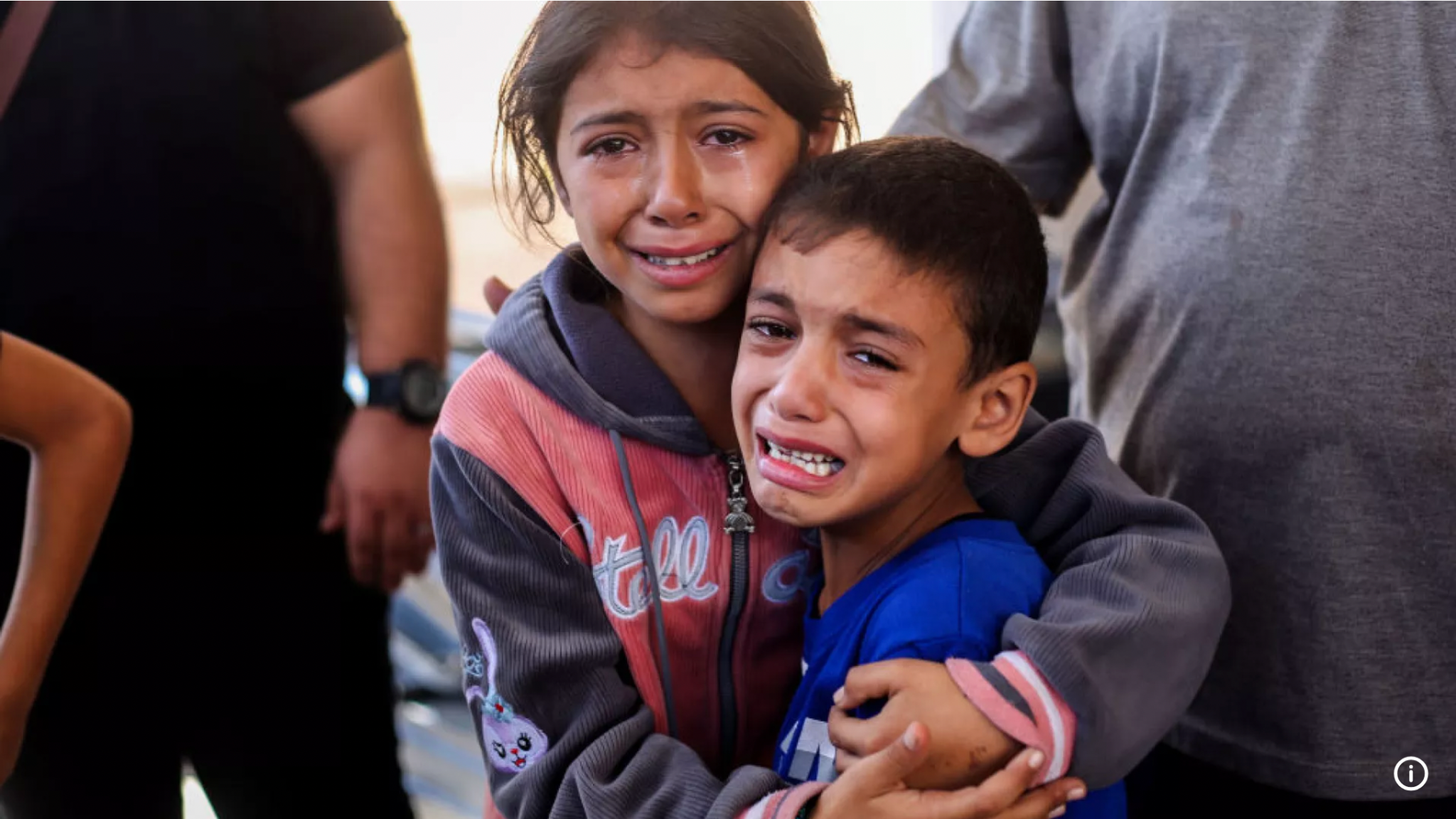
The Middle East: Gaza’s Escalating Conflict and Regional Ripples
Written by: Ahmad El Khalaf
- Senior News Producer & War Journalist
Gaza's worsening humanitarian crisis has resulted with over 1,500 civilian deaths killed by Israel during the past week, prompting diplomatic efforts by neighbouring Egypt and Qatar. The conflict's ripple effect continues intensifying regional tensions across the Middle East.
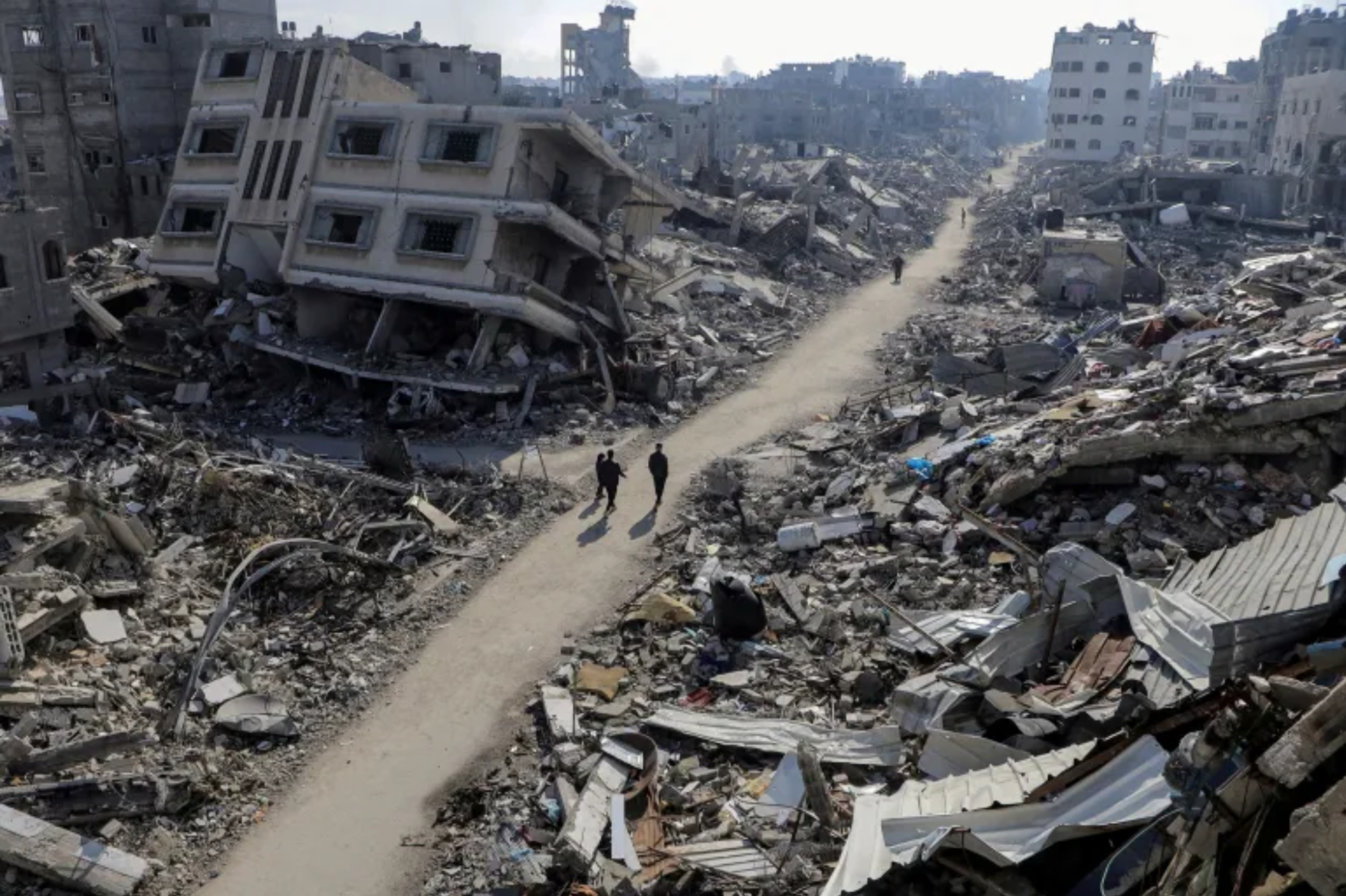
Gaza’s Crisis: Bombs Don't Stop When You Close Your Eyelids
The most intense of conflicts Gaza has seen in recent years, leaves Gazan residents with extremely limited access to essential resources. Israel's daily airstrikes and rocket attacks continue by the IDF's constant bombardment, claiming thousands of civilian lives and causing widespread devastation. Hospitals in Gaza are severely overwhelmed, with water and power supplies becoming critically low. Palestinian families trapped within the besieged Gaza district continue their calls for the international community to take immediate action.

Neighbouring Egypt Wants Gaza Peaceful Not Pieces
Egypt is attempting to broker a ceasefire through close coordination with the United Nations and Qatar. Given that Doha has previously mediated a successful hostage deal alongside Washington, Cairo is keen in keeping both states in the loop. It's vital to note that Egypt's Rafah Crossing with neighbouring Gaza - remains closed. In contrast, Iran has warned of severe regional consequences if the hostilities continue. With Tehran's 200 ballistic missiles fired on Israel resulting with the death of one Palestinian, Iran claims that it stands with the Palestinian resistance and Hezbollah in Lebanon. Nevertheless, the risk of a regional confrontation grows, threatening to pull further neighbouring states into the conflict.
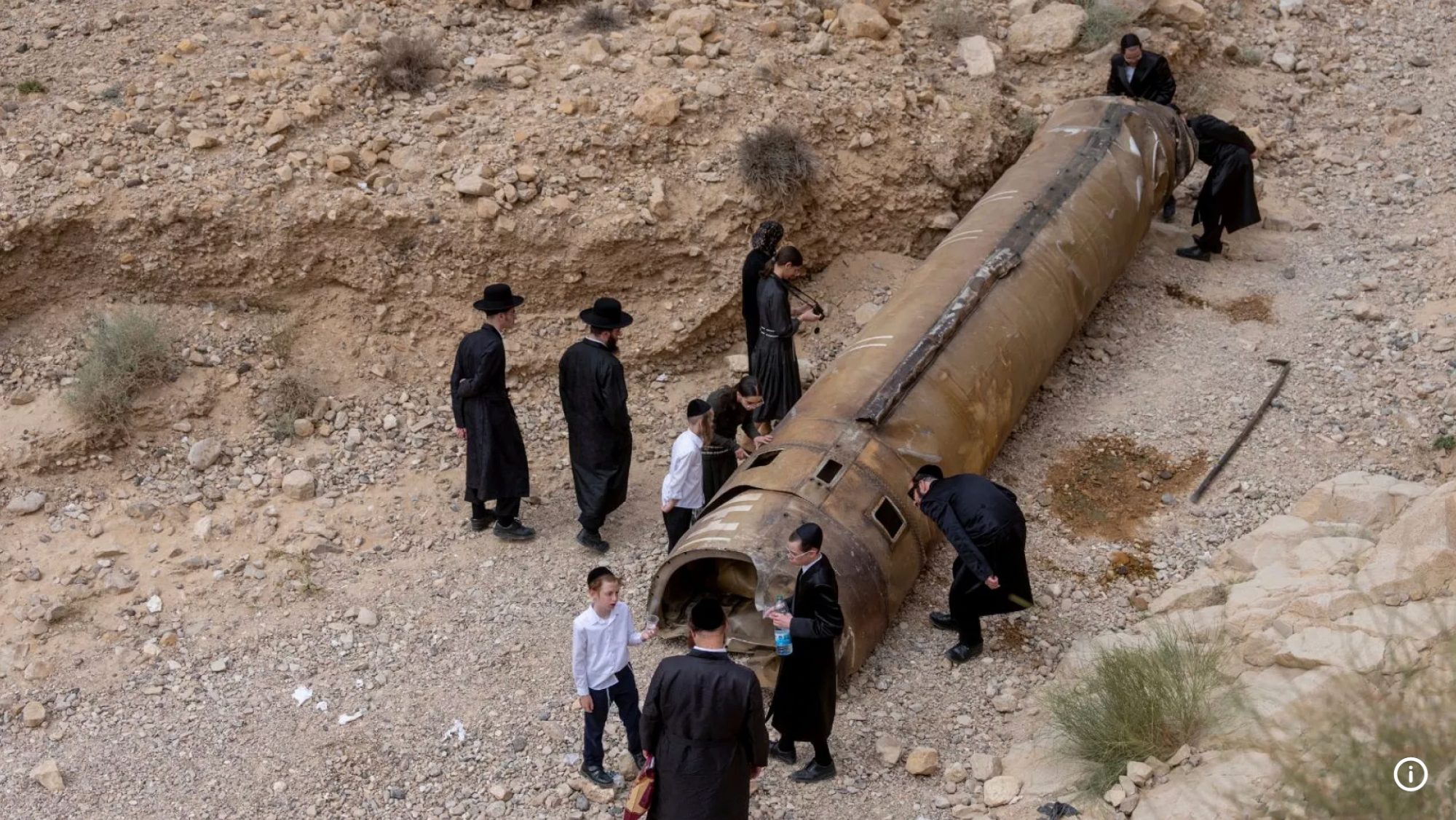
Iran’s Warnings and Hezbollah's Losses' Origin
Iran’s stance on Gaza underscores the broader geopolitical tensions in the Middle East. Iranian officials have called for regional solidarity against Israel, while also claiming that it is strengthening ties with Lebanon’s Hezbollah—a move that seems ironic, given that Hezbollah were left with no Iranian support during the first week of the Israeli offensive on its Lebanese supposed ally. With many Hezbollah forces fleeing to neighbouring Syria, many started publicly criticising their once beloved Iranian ally, stating that it has betrayed them, and their deceased leader Hasan Nasrallah.
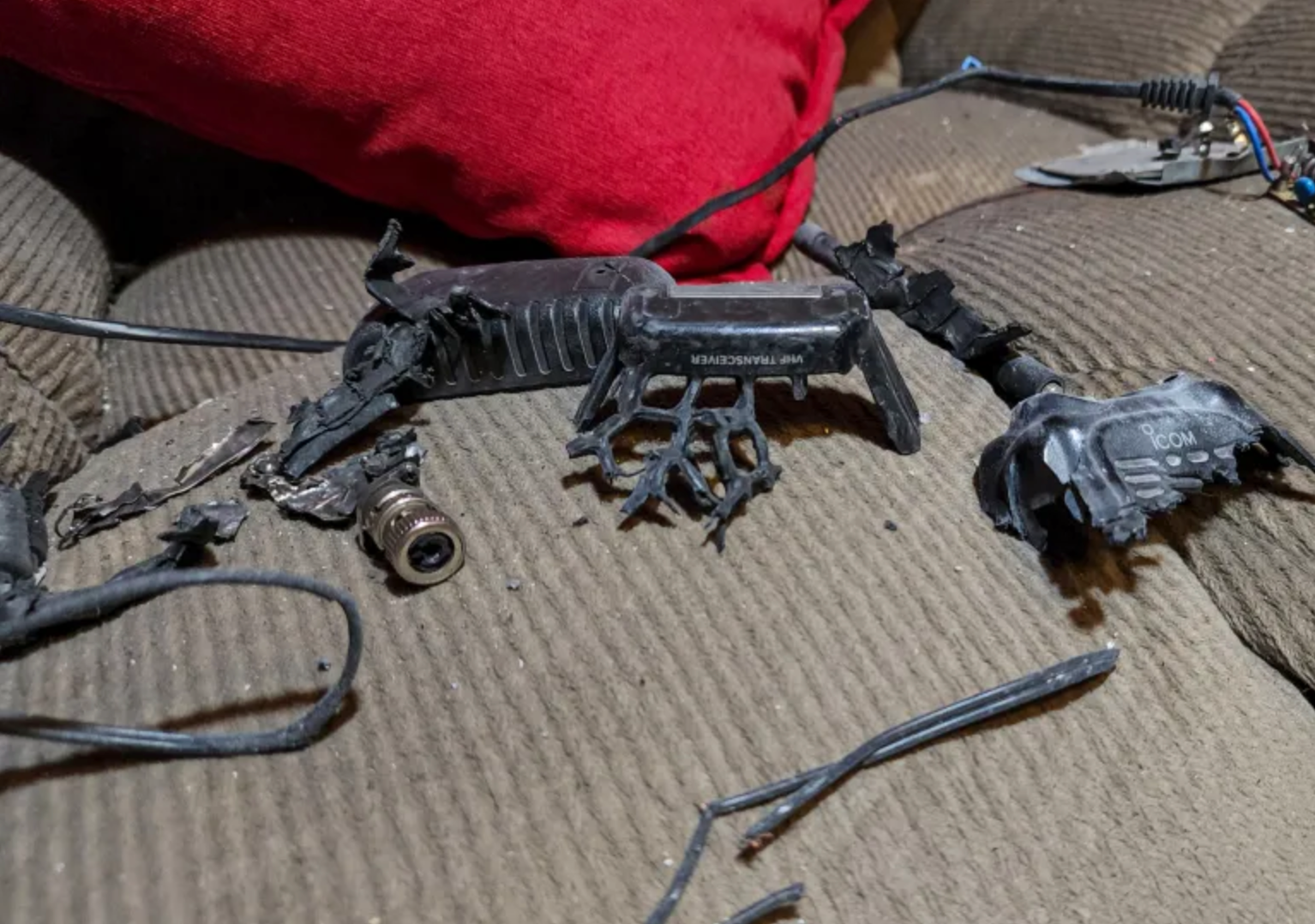
Qatar’s Mediatory Position & Saudi Arabia's Two-State Mission
Qatar's prominent regional mediator role continues its humanitarian and diplomatic efforts for Gaza. Doha has pledged substantial aid to support Gaza’s struggling population, continuing its longstanding position as a key advocate of the Two-State solution and the Palestinian rights. Amir Tamim's commitment to regional stability is shared with Saudi Arabia and the UAE, who have both publicly advocated for de-escalation. With Saudi Arabia's Crown Prince regularly stating the necessity of a Two-State solution, the GCC is unified with these demands.
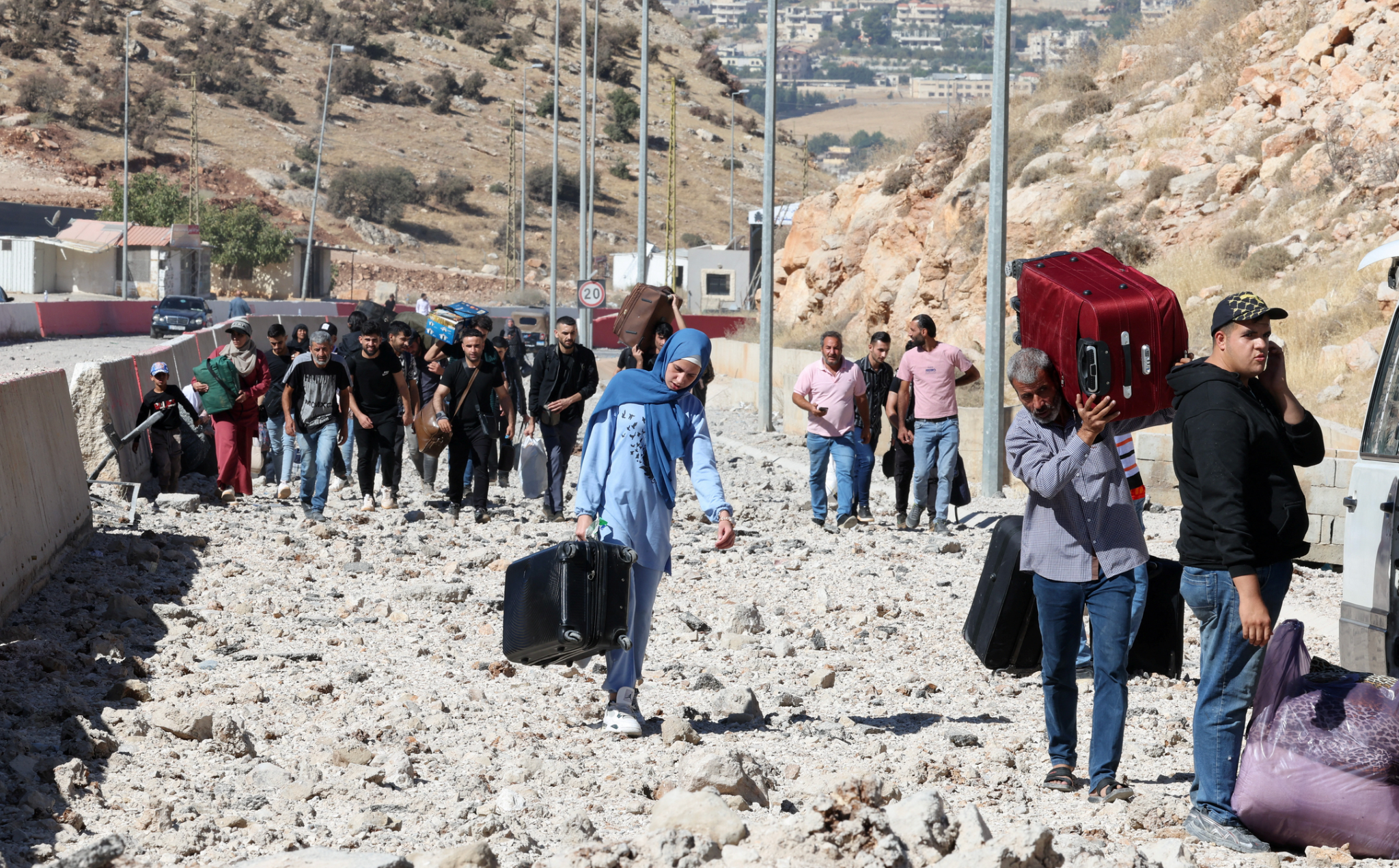
More on the Middle East: Lebanon & Syria Receives Refugees
Israel's severe bombardment of Southern Lebanon has resulted with an outcry of refugees. With hundreds of thousands of Lebanese having already reached neighbouring Syria, tens of thousands of families are said to be making their way towards Northern Lebanon from the Southern districts. As a result, Lebanon’s leaders face mounting pressure to implement further support for this recent wave that was last seen in 2006.

Post a comment